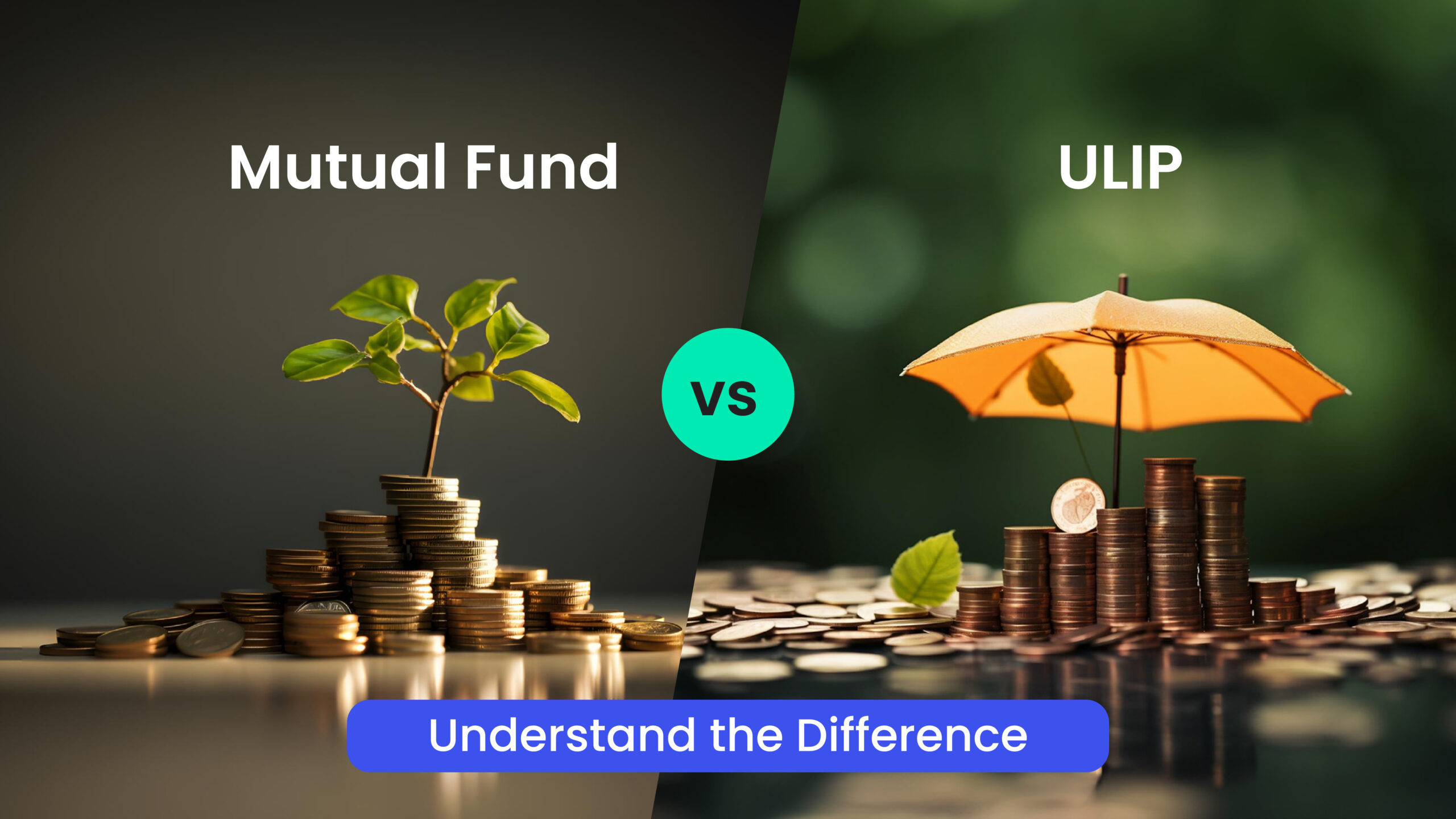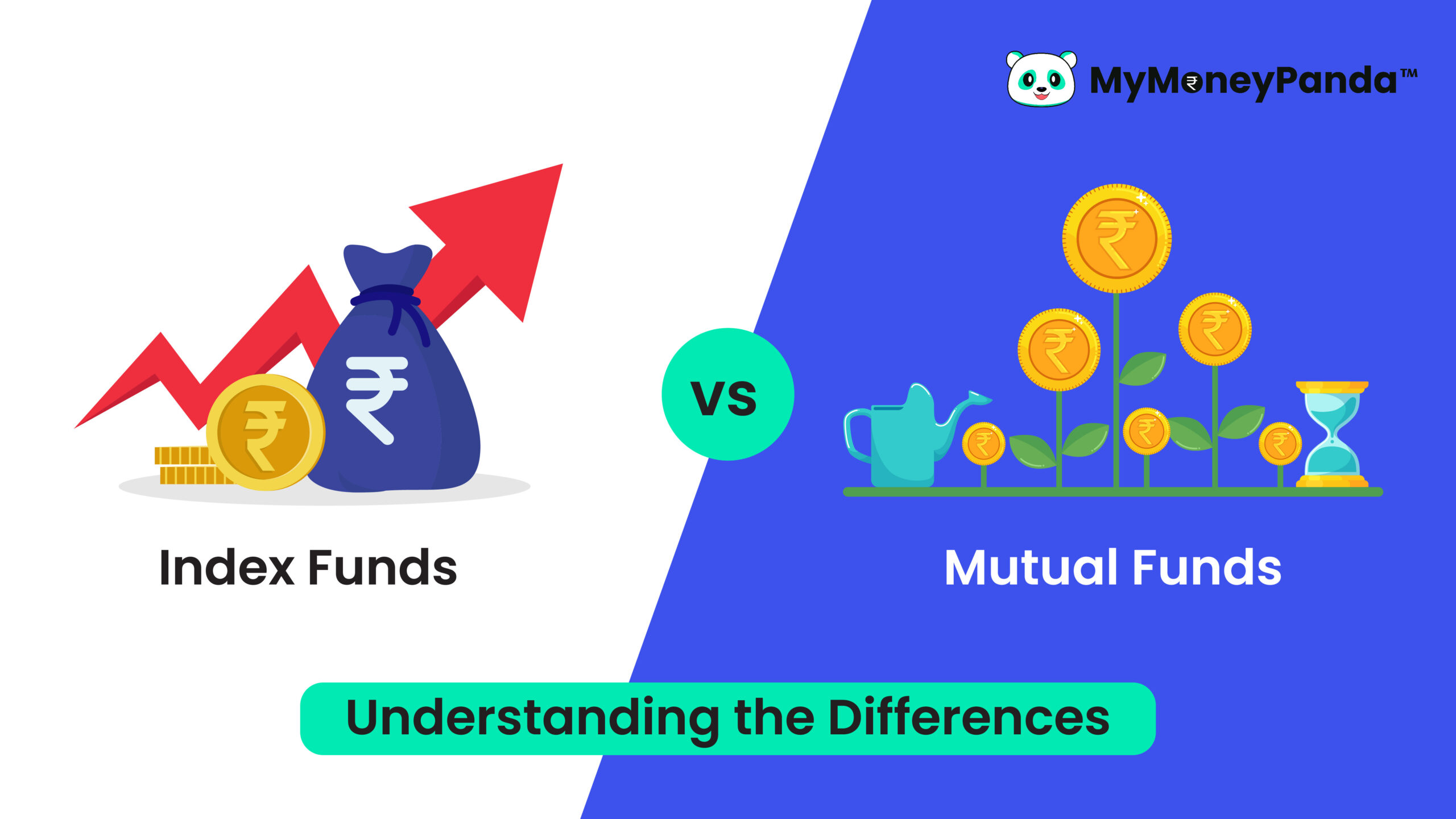Blogs
-

Maximize Passive Income with Mutual Funds
You have probably heard about “passive income” before. It’s money you make without actively working for it. People earn passive income in many ways, like making apps, selling online courses, or doing affiliate marketing. But can mutual funds help you earn passive income too? Yes, they can. Let’s understand what passive income is and how…
-

How to start an SIP to save tax?
Starting SIPs in ELSS Mutual Funds is a straightforward way to grow your money while enjoying tax benefits under Section 80 (C) of Income Tax. Let’s break it down in simple terms: SIP and ELSS – What’s the Deal? SIP Investments You can easily invest your money through SIP in different types, like stocks or…
-

Comparing ULIPs vs Mutual Funds: A Comprehensive Analysis
Selecting the right investment option is pivotal for securing a prosperous financial future. Mutual Funds and ULIPs stand out as highly effective and efficient financial strategies in the market, offering investors the opportunity to build substantial wealth over time. Making a thoughtful choice between these options is essential for achieving long-term financial goals. ULIP vs…
-

Open Ended Mutual Fund: Meaning, Benefits & How to Invest
Mutual funds, popular investment vehicles, pool funds from multiple investors to invest in a diversified portfolio of stocks, bonds, or other securities. They offer diversification, professional management, and accessibility to a broad investor base. Within this realm, open-ended mutual funds stand out. Open-ended mutual funds allow investors to buy or sell units anytime, providing liquidity…
-

Index Funds vs Mutual Funds: Understanding the Differences
Mutual funds and index funds are like team players for your money. They help you avoid the hassle of choosing individual stocks by spreading your money across different things, like companies and industries. This reduces the chance of losing all your money if one thing doesn’t do well. Even though they are similar, it’s important…
-

Discretionary Fund Management: Maximizing Returns
Navigating the complexities of investing is inherently challenging, involving decisions about funds, stocks, bonds, and cash. Market volatility often leaves investors feeling uneasy, creating indecision fueled by the fear of making incorrect choices. Regardless of an investor’s experience, the expertise of professionals educated in economics, global markets, and investing, coupled with extensive industry experience, is…
-

What Are Gilt Funds: Understanding the Basics and Benefits
Gilt funds are a specific type of mutual funds that primarily invest in government securities, forming part of the broader category of debt funds. To grasp the concept of gilt funds, it is essential to have a clear understanding of government securities. Government securities, also known as G-Secs, are debt instruments issued by the Central…
-

The Indexation Benefits in Mutual Funds: Calculating Growth
Investing in mutual funds can be a profitable decision, but it is crucial to understand the details of taxation. One such essential aspect of taxation is indexation, a powerful tool that allows investors to calculate profits and, importantly, reduce tax liabilities more accurately. In this comprehensive guide, we will discuss the technical details of indexation,…
-

Different Types of Mutual Fund Schemes in India
From being a minor participant in the financial market, mutual funds have evolved into influential players, significantly shaping the valuation of tradable assets like stocks and bonds. As an investor, you own units in a mutual fund, representing your share based on your investment. Profits are distributed to unit holders after deducting expenses. Mutual funds…
-

What are Liquid Funds | Risk, Returns & Benefits
Liquid funds are easy-to-access and affordable short term investment options. They are considered safe, with low risk and offer flexibility in how you invest. These funds aim to protect your initial investment, ensure easy access to your money with modest returns.. Because of these features, people often see them as alternatives to short-term bank deposits.…
